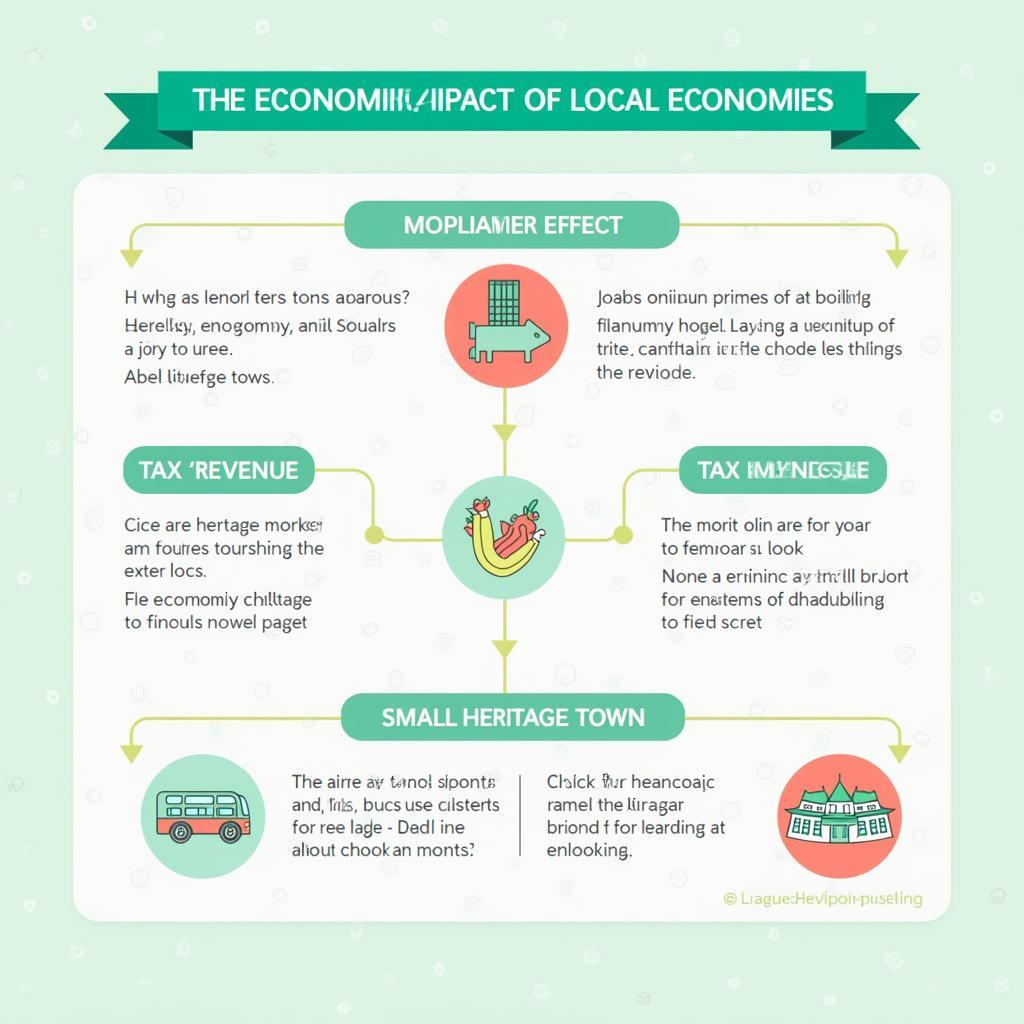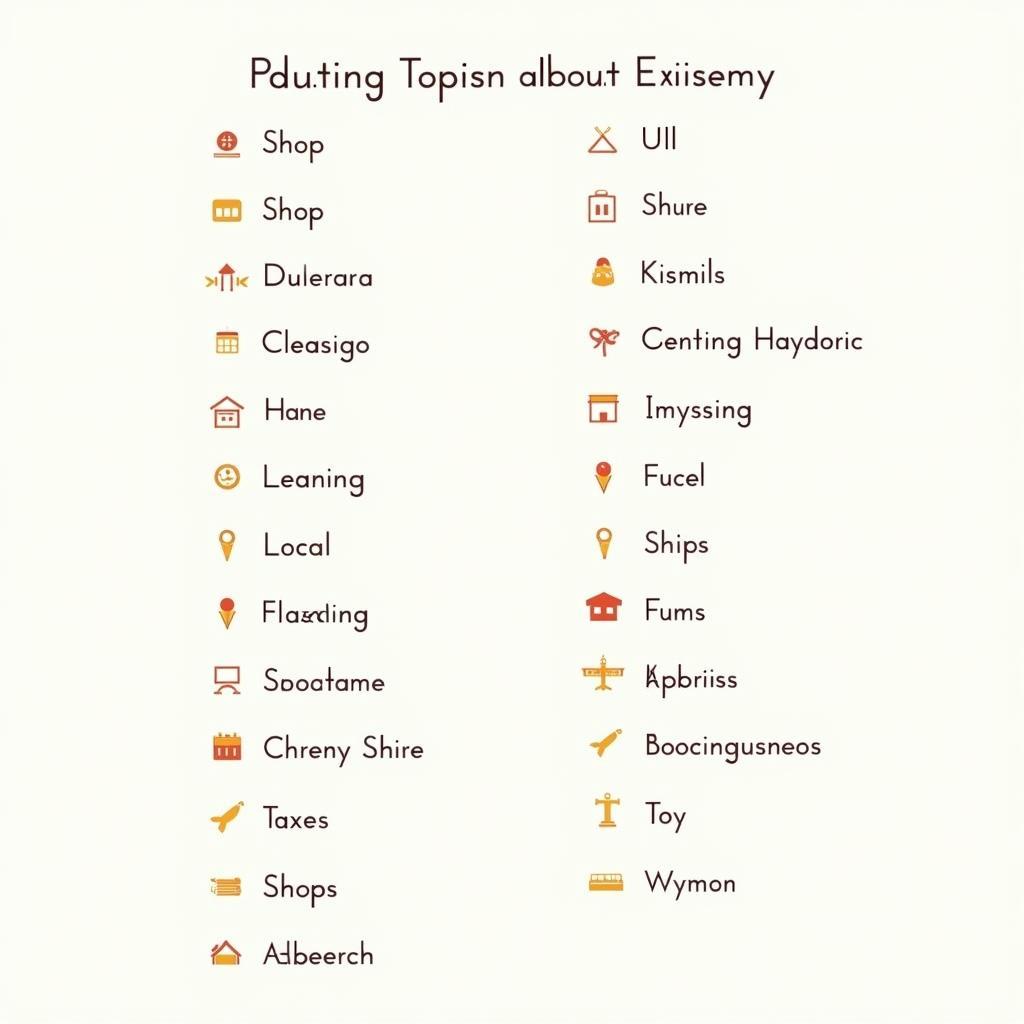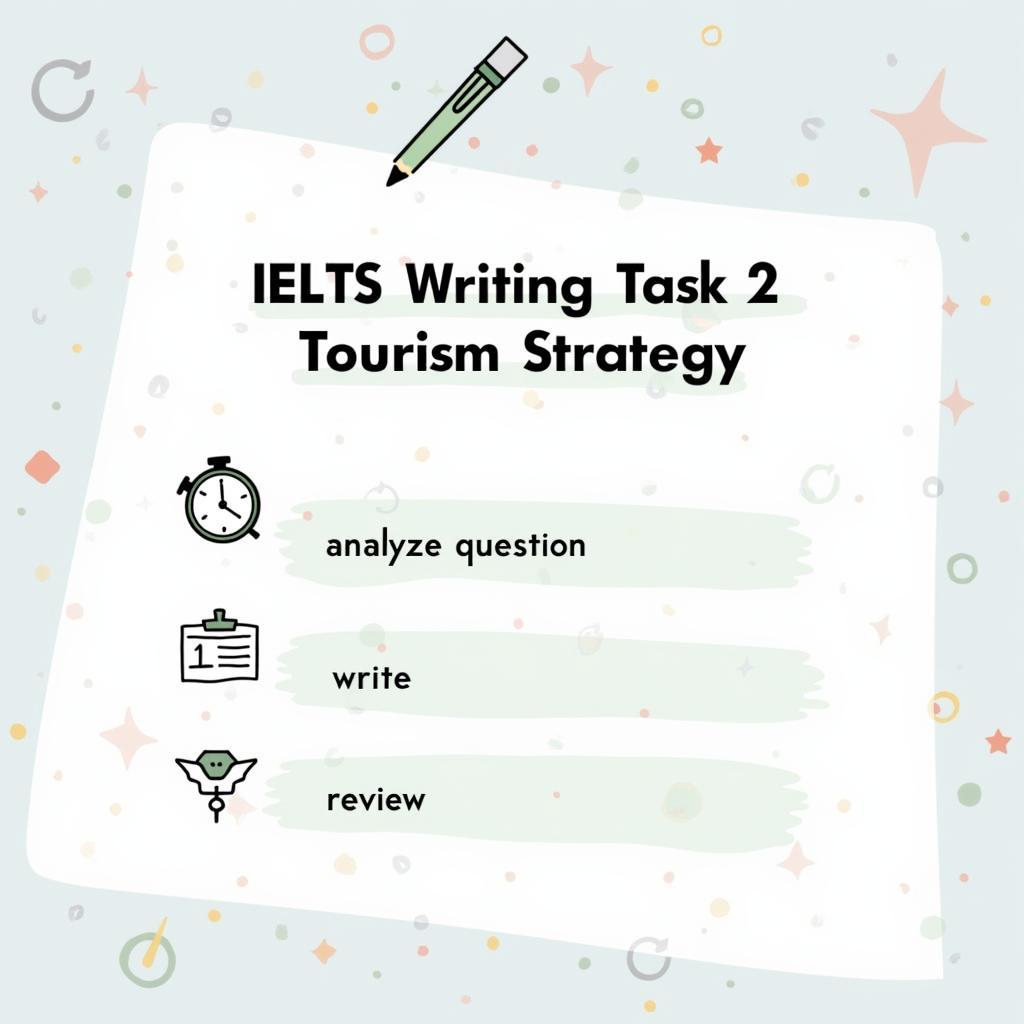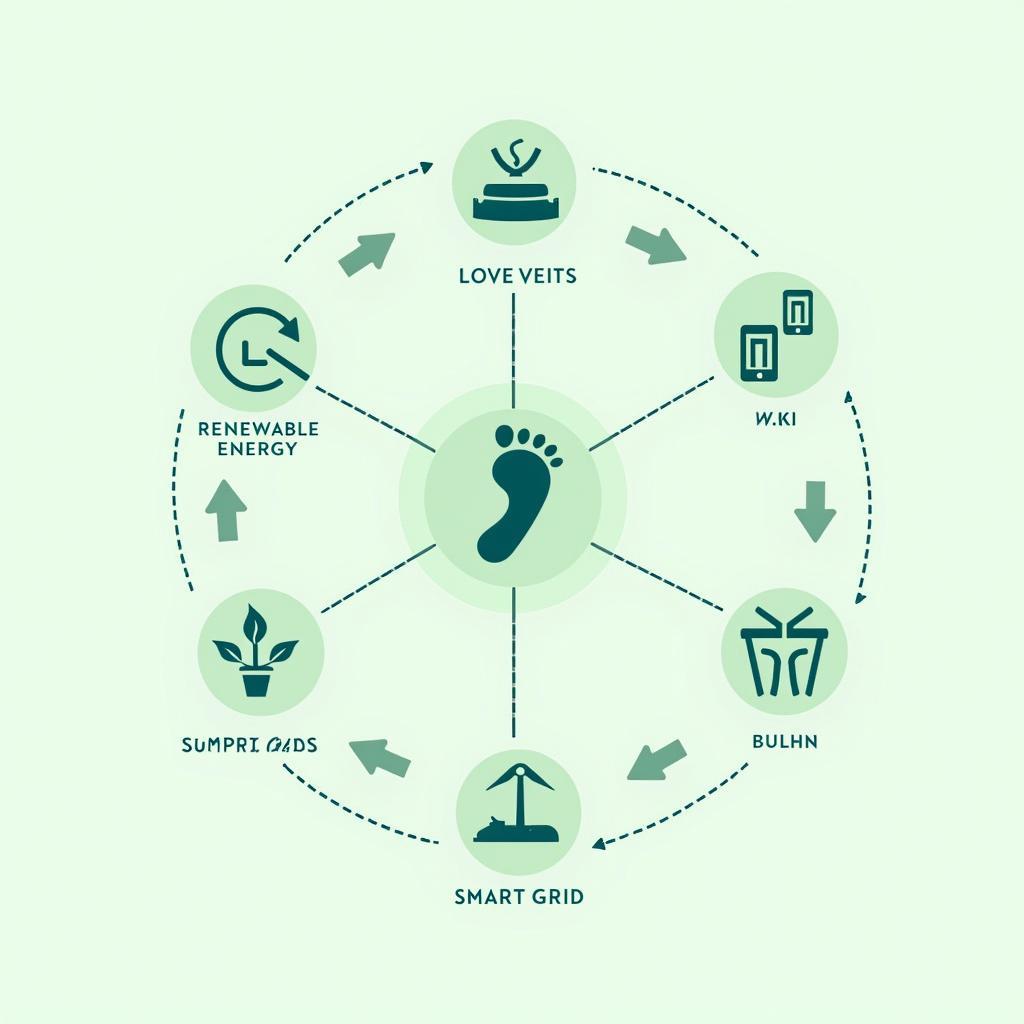Mở bài
Chủ đề The Impact Of Tourism On Local Economies xuất hiện thường xuyên trong IELTS Writing Task 2, nhất là các dạng Advantages/Disadvantages, Discuss both views, hoặc Opinion. Lý do: du lịch là động lực tăng trưởng kinh tế ở nhiều quốc gia, đồng thời gây ra các vấn đề về môi trường, văn hóa, giá cả, và việc làm thời vụ. Trong bài viết này, bạn sẽ học được:
- 3 bài mẫu hoàn chỉnh (Band 5-6, 6.5-7, 8-9)
- Phân tích tiêu chí chấm điểm chi tiết theo band descriptors
- Từ vựng chủ đề, cấu trúc câu nâng điểm, checklist tự đánh giá và chiến lược làm bài
Một số đề thi thực tế đã được xác minh từ các nguồn uy tín (IELTS Liz – practice questions; IELTS-Blog – reported topics; British Council/IDP – practice materials):
- Many places rely on tourism as a main source of income; however, it can cause problems if not managed properly. Do the disadvantages outweigh the advantages?
- Tourism is becoming increasingly important as a source of revenue for many countries, but its disadvantages should not be overlooked. Discuss both views and give your opinion.
- Some people believe tourism brings more benefits than problems to local communities. To what extent do you agree or disagree?
[internal_link: IELTS Writing Task 2 opinion essay]
1. Đề Writing Part 2
Many places rely on tourism as a main source of income. However, it can cause problems if it is not managed properly. Do the disadvantages of tourism outweigh the advantages?
Dịch đề: Nhiều nơi phụ thuộc vào du lịch như nguồn thu nhập chính. Tuy nhiên, nó có thể gây ra vấn đề nếu không được quản lý đúng cách. Liệu các mặt bất lợi của du lịch có lớn hơn các lợi ích không?
Phân tích đề bài:
- Dạng câu hỏi: Advantages vs Disadvantages (Outweigh). Bạn phải:
- Nêu cả lợi ích và bất lợi
- Kết luận rõ ràng “advantages/disadvantages outweigh”
- Thuật ngữ:
- rely on = phụ thuộc vào
- main source of income = nguồn thu chính
- managed properly = quản lý đúng cách
- outweigh = lớn hơn, vượt trội
- Lỗi thường gặp:
- Không có luận điểm rõ “outweigh”
- Kể liệt kê, thiếu phân tích “cơ chế” (vì sao, bằng cách nào)
- Ví dụ mơ hồ, số liệu bịa đặt
- Lạc đề sang trải nghiệm du lịch cá nhân
- Cách tiếp cận:
- Lập dàn ý cân bằng: 2 luận điểm lợi, 2 luận điểm hại
- Chọn lập trường sớm và nhắc lại ở mở bài + kết bài
- Dùng ví dụ có tính khái quát: thị trấn ven biển, đô thị Di sản, khu sinh thái cộng đồng
- Dùng từ vựng kinh tế địa phương: multiplier effect, leakage, seasonality, tourist tax
 Tac dong du lich len nen kinh te dia phuong trong IELTS Writing Task 2
Tac dong du lich len nen kinh te dia phuong trong IELTS Writing Task 2
2. Bài mẫu Band 8-9
Bài Band 8-9 thể hiện: lập luận sắc sảo, phát triển ý đầy đủ, ví dụ khái quát hợp lý, từ vựng học thuật chính xác, ngữ pháp linh hoạt và tự nhiên.
Essay (298 words)
While tourism can strain destinations if mismanaged, its benefits to local economies typically outweigh the downsides. Properly designed visitor strategies can amplify the economic multiplier, create resilient jobs, and diversify revenue streams, whereas most harms stem from governance gaps rather than tourism per se.
On the positive side, visitor spending circulates through local supply chains. A tourist’s hotel bill pays not only wages but also artisans, farmers, and transport providers, triggering spillovers for small businesses. Moreover, tourism often justifies investments in infrastructure—airports, roads, sanitation—that benefit residents year-round. Cities that implement a modest tourist tax ring‑fenced for local services can upgrade public spaces without overburdening taxpayers.
Admittedly, the sector can generate seasonality, price inflation, and cultural commodification. In coastal towns, rents may rise faster than local incomes, and short-term rentals can crowd out residents. However, these drawbacks are largely manageable. Regulations on short‑term lets, incentives for year-round visitation, and community-based tourism schemes can keep value onshore and stabilise employment. Crucially, leakage—profits flowing to foreign intermediaries—can be reduced by local procurement policies and support for domestic tour operators.
The decisive factor is not tourism’s existence but its design. Where authorities set visitor caps in fragile heritage areas, enforce labour standards, and reinvest a portion of receipts into affordable housing and public transport, the sector strengthens—not undermines—local welfare. In emerging destinations, especially, tourism may be the fastest route to monetising cultural and natural assets without heavy industrial footprints.
In sum, while unregulated tourism entails real risks, a rules‑based, locally anchored model delivers net gains: broader tax bases, entrepreneurship, and improved amenities for residents. Therefore, the advantages for local economies clearly outweigh the disadvantages, provided policymakers do their job.
Phân tích Band điểm
| Tiêu chí | Band | Nhận xét |
|---|---|---|
| Task Response (Hoàn thành yêu cầu) | 8.5 | Luận điểm rõ ràng “advantages outweigh” ở mở và kết bài; mỗi luận điểm đều có cơ chế kinh tế (multiplier, leakage) và giải pháp cụ thể. Thiếu mỗi ví dụ thực chứng định lượng, nhưng không bắt buộc. |
| Coherence & Cohesion (Mạch lạc & Liên kết) | 8.0 | Bố cục logic: ưu điểm → nhược điểm → điều kiện quản trị → kết luận. Dùng tham chiếu và lặp từ vựng chủ đạo hợp lý. Có chuyển ý mượt, không lạm dụng từ nối. |
| Lexical Resource (Từ vựng) | 8.5 | Thuật ngữ kinh tế du lịch chính xác: economic multiplier, leakage, ring‑fenced, seasonality, procurement. Collocations tự nhiên, ít trùng lặp. |
| Grammatical Range & Accuracy (Ngữ pháp) | 8.5 | Câu phức linh hoạt, mệnh đề quan hệ, cụm phân từ, song song và nhấn mạnh. Không lỗi ngữ pháp đáng kể; dấu câu chuẩn. |
Các yếu tố giúp bài này được chấm điểm cao
- Luận điểm “thiết kế quản trị là yếu tố quyết định” thể hiện tư duy nguyên nhân gốc.
- Dùng khái niệm kinh tế xác đáng (multiplier, leakage, ring‑fenced tax).
- Đề xuất giải pháp khả thi: visitor caps, local procurement, regulate short-term rentals.
- Câu chủ đề mạnh, rõ lập trường; câu kết đoạn liên hệ trực tiếp tới câu hỏi.
- Collocations chuẩn học thuật: diversify revenue streams, keep value onshore, stabilise employment.
- Tính mạch lạc cao nhờ cấu trúc lập luận “benefits → risks → governance → verdict”.
3. Bài mẫu Band 6.5-7
Đặc điểm: trả lời đúng yêu cầu, có lập trường, phát triển ý cơ bản, từ vựng đủ dùng nhưng chưa sâu, liên kết đôi chỗ cơ học, đôi khi ví dụ chung chung.
Essay (268 words)
Tourism clearly brings money and jobs to local places, but it can also create pressure. In my view, the advantages are stronger, especially when local governments guide the industry with clear rules.
First, tourism generates direct and indirect work. Hotels and restaurants hire local staff, and many small shops sell food or souvenirs to visitors. This spending also encourages farmers and drivers to supply these businesses, which helps the wider community. Another benefit is better infrastructure. When more visitors come, authorities often improve roads, airports and public spaces. These upgrades are useful for residents too, not only for tourists.
On the other hand, tourism can cause several problems. Prices for rent and basic goods may increase in popular areas, which hurts low-income families. There is also seasonality: during low season, workers might lose hours or even jobs. In addition, if big international companies dominate the market, profits can leave the area rather than stay with local people.
However, these issues can be reduced. Cities can set a small tourist tax to support cleaning, transport, and heritage protection. They can also control short-term rentals and support community-based tours so that more value stays local. With such policies, I believe the sector becomes more fair and stable.
In conclusion, tourism’s benefits for local economies outweigh its drawbacks if the industry is properly regulated. The key is not simply attracting more visitors, but managing growth to protect residents and help small businesses.
Phân tích Band điểm
| Tiêu chí | Band | Nhận xét |
|---|---|---|
| Task Response (Hoàn thành yêu cầu) | 7.0 | Có lập trường rõ “benefits outweigh”, nêu lợi-hại và giải pháp cơ bản. Phân tích còn nông ở “cơ chế” (ví dụ multiplier, leakage chưa khai thác sâu). |
| Coherence & Cohesion (Mạch lạc & Liên kết) | 7.0 | Bố cục rõ ràng; từ nối tương đối an toàn (First, On the other hand, However). Liên kết logic ổn, nhưng kết nối nội đoạn còn đơn giản. |
| Lexical Resource (Từ vựng) | 6.5 | Từ vựng đủ dùng (infrastructure, seasonality, short-term rentals). Thiếu độ đa dạng học thuật; một số lặp từ (tourism, benefit). |
| Grammatical Range & Accuracy (Ngữ pháp) | 6.5 | Câu đơn và phức kết hợp; ít lỗi nhỏ. Chưa có nhiều cấu trúc nâng cao (đảo ngữ, mệnh đề không xác định, cụm phân từ phức). |
So sánh với bài Band 8-9
- Chiều sâu lý luận: B8-9 giải thích cơ chế kinh tế (spillovers, ring-fenced tax), B6.5-7 chỉ nêu kết quả chung chung.
- Từ vựng: B8-9 dùng thuật ngữ chuẩn xác (leakage, procurement), B6.5-7 dùng từ phổ thông (money, jobs).
- Cấu trúc câu: B8-9 có mệnh đề quan hệ, cụm phân từ, đảo ngữ tự nhiên; B6.5-7 thiên về câu đơn/câu ghép.
- Ví dụ/giải pháp: B8-9 cụ thể (visitor caps, regulate lets), B6.5-7 khái quát (set a tax, control rentals).
4. Bài mẫu Band 5-6
Đặc điểm: trả lời được đề nhưng phát triển ý hạn chế, lặp từ, ví dụ mờ nhạt, lỗi ngữ pháp/đi từ nối cơ học, dùng sai mạo từ/giới từ.
Essay (256 words)
Tourism is very important for local economy, but it also makes some problems. In my opinion, the disadvantages do not outweigh the advantages, because tourism create many jobs and money for people.
Firstly, tourists spend money in hotel and restaurant, which help local businesses. People can selling food, souvenirs and offer transport for them. This improve income of many families. Secondly, government will build the new roads and airports for attract more visitors, and local residents also use it. So, tourism is good for development.
However, there are some negative impacts. In peak season, there are too many traffics and noise. The price of rent also go up and it is difficult for local people to pay. Also, some profit go to foreign company, not stay in the community. But I think these problems can be solved by a policies from government, like control the number of visitors and make company pay tax to city.
In conclusion, even tourism has problems, it still bring more benefits than drawbacks for local economies because it create jobs and better service for citizens.
Phân tích Band điểm
| Tiêu chí | Band | Nhận xét |
|---|---|---|
| Task Response (Hoàn thành yêu cầu) | 6.0 | Có trả lời “benefits outweigh”, nhưng phát triển ý còn nông, thiếu ví dụ thuyết phục và cơ chế phân tích. |
| Coherence & Cohesion (Mạch lạc & Liên kết) | 6.0 | Đoạn văn rõ nhưng liên kết yếu; từ nối đơn giản; lặp ý nhiều. |
| Lexical Resource (Từ vựng) | 5.5 | Từ vựng cơ bản, lặp “money, jobs”. Collocation sai/không tự nhiên (“make company pay tax”). |
| Grammatical Range & Accuracy (Ngữ pháp) | 5.5 | Lỗi mạo từ, chia động từ, số nhiều, giới từ; cấu trúc câu đơn giản. |
Những lỗi sai của bài – phân tích & giải thích
| Lỗi sai | Loại lỗi | Sửa lại | Giải thích |
|---|---|---|---|
| Tourism is very important for local economy | Mạo từ/số ít | for the local economy | Danh ngữ cụ thể cần the; economy ở số ít có mạo từ. |
| disadvantages do not outweigh the advantages | Lập luận | disadvantages do not outweigh the advantages because… + phân tích | Cần lý do rõ ràng hơn, kéo theo phân tích cơ chế. |
| tourism create many jobs | Chia động từ | tourism creates many jobs | Chủ ngữ số ít → động từ số ít. |
| People can selling | Ngữ pháp V-ing | People can sell | Sau can là động từ nguyên mẫu. |
| This improve income | Chia động từ | This improves income | Chủ ngữ số ít → thêm -s. |
| build the new roads | Mạo từ | build new roads | “New roads” không xác định → không dùng the. |
| for attract more visitors | Giới từ + V | to attract more visitors | Dùng to + V nguyên mẫu chỉ mục đích. |
| too many traffics | Danh từ không đếm được | too much traffic | Traffic là không đếm được. |
| the price of rent also go up | Chia động từ | the price of rent also goes up | Chủ ngữ số ít → goes. |
| a policies | Số ít/số nhiều | policies / a policy | Không dùng a với danh từ số nhiều. |
| make company pay tax to city | Collocation | make companies pay taxes to the city | Collocation chuẩn: pay taxes; thêm mạo từ the. |
Cách Cải Thiện Từ Band 6 Lên Band 7
- Có lập trường rõ và nhắc lại ở mở + kết bài + câu chủ đề mỗi đoạn.
- Thêm cơ chế phân tích: vì sao du lịch tạo hiệu ứng lan tỏa, vì sao giá thuê tăng.
- Dùng ví dụ khái quát đúng: thị trấn di sản, khu du lịch biển mùa cao điểm, chính sách thuế du lịch.
- Nâng collocations: generate revenue, regulate short-term rentals, ring-fence tourist tax.
- Sửa lỗi mạo từ (a/the), chia động từ ngôi thứ 3 số ít, giới từ mục đích (to V).
5. Từ vựng quan trọng cần nhớ về The impact of tourism on local economies
| Từ/Cụm từ | Loại từ | Phiên âm | Nghĩa tiếng Việt | Ví dụ (English) | Collocations |
|---|---|---|---|---|---|
| economic multiplier | n. | /ˌiːkəˈnɒmɪk ˈmʌltɪplaɪə(r)/ | hệ số nhân kinh tế | Tourism has a strong economic multiplier in small towns. | strong multiplier; local multiplier |
| leakage | n. | /ˈliːkɪdʒ/ | thất thoát lợi nhuận ra ngoài | High leakage means little money stays locally. | reduce leakage; profit leakage |
| seasonality | n. | /ˌsiːzəˈnælɪti/ | tính thời vụ | Seasonality leads to unstable incomes. | tackle seasonality; seasonal slump |
| ring-fenced (tax) | adj. | /ˈrɪŋ fentst/ | (thuế) dành riêng cho mục đích | A ring-fenced tourist tax funds local services. | ring-fenced budget/fund |
| local procurement | n. | /prəˈkjʊəmənt/ | mua sắm/thu mua tại chỗ | Local procurement keeps value onshore. | promote procurement; procurement policy |
| crowding-out | n. | /ˌkraʊdɪŋ ˈaʊt/ | lấn át, chèn lấn | Tourism can cause the crowding-out of residents. | crowding-out effect |
| price inflation | n. | /ɪnˈfleɪʃn/ | lạm phát giá | Tourism-driven price inflation harms low-income groups. | curb inflation; price hikes |
| community-based tourism | n. | /kəˈmjuːnəti beɪst/ | du lịch dựa vào cộng đồng | Community-based tourism retains local benefits. | develop/run community-based projects |
| diversify revenue streams | v. phr. | /daɪˈvɜːsɪfaɪ/ | đa dạng hóa nguồn thu | Cities diversify revenue streams via visitor taxes. | diversify into; diversify the economy |
| stimulate demand | v. phr. | /ˈstɪmjʊleɪt/ | kích cầu | Festivals stimulate demand in the low season. | stimulate domestic demand |
| create spillover effects | v. phr. | /ˈspɪləʊvə(r)/ | tạo hiệu ứng lan tỏa | Markets create spillover effects for suppliers. | positive spillovers |
| impose a tourist tax | v. phr. | /ɪmˈpəʊz/ | áp thuế du lịch | The city imposed a tourist tax to fund cleaning. | impose/levy tax |
| regulate short-term rentals | v. phr. | /ˈreɡjuleɪt/ | quản lý nhà cho thuê ngắn hạn | Authorities regulate short-term rentals to protect housing. | rental regulation |
| by the same token | linker | /təʊkən/ | tương tự như vậy | By the same token, residents benefit from better transport. | — |
| in the long run | linker | /lɒŋ/ | về dài hạn | In the long run, managed growth is sustainable. | — |
[internal_link: Từ vựng IELTS chủ đề Environment]
 Bang tu vung IELTS ve du lich va kinh te dia phuong
Bang tu vung IELTS ve du lich va kinh te dia phuong
6. Cấu trúc câu dễ ăn điểm cao
- Câu phức với mệnh đề phụ thuộc
- Công thức: Mệnh đề chính + when/while/if/because/although + mệnh đề phụ thuộc
- Ví dụ (trích B8-9): Although tourism can strain destinations, its benefits to local economies typically outweigh the downsides.
- Vì sao ghi điểm: Tạo quan hệ nhân-quả/nhượng bộ rõ, tăng mạch lạc.
- Ví dụ bổ sung:
- Because visitor spending circulates locally, incomes rise.
- If leakage is reduced, communities gain more.
- Lỗi thường gặp: Dùng although nhưng vẫn thêm but trong cùng câu.
- Mệnh đề quan hệ không xác định (non-defining)
- Công thức: Danh từ, which/who + mệnh đề phụ giải thích, …
- Ví dụ: Cities can set a tourist tax, which is ring‑fenced for local services.
- Ghi điểm: Bổ sung thông tin tinh tế, dấu phẩy đúng.
- Ví dụ khác:
- The airport, which was upgraded last year, benefits residents.
- Homestays, which are run by locals, retain value.
- Lỗi thường gặp: Quên dấu phẩy; nhầm which/that.
- Cụm phân từ (participle clauses)
- Công thức: V-ing/V-ed + cụm, + mệnh đề chính
- Ví dụ: Implemented carefully, tourism strengthens local welfare.
- Ghi điểm: Ngắn gọn, trang trọng.
- Ví dụ khác:
- Facing seasonality, small firms diversify products.
- Left unchecked, prices may spiral.
- Lỗi thường gặp: Chủ ngữ mơ hồ gây dangling modifier.
- Câu chẻ (cleft sentences)
- Công thức: It is/was + X + that/who + mệnh đề
- Ví dụ: It is governance that determines whether tourism helps or harms locals.
- Ghi điểm: Nhấn mạnh lập luận chính.
- Ví dụ khác:
- It is local procurement that keeps value onshore.
- It is seasonality that undermines job security.
- Lỗi thường gặp: Sai thì động từ hoặc dùng that với người.
- Câu điều kiện nâng cao
- Công thức: If + QKHT, S + would have + V3 (giả định quá khứ); If + were to + V, S + would + V (giả định tương lai)
- Ví dụ: If authorities were to enforce visitor caps, congestion would ease.
- Ghi điểm: Khả năng giả định, chính sách.
- Ví dụ khác:
- If leakage had been curbed earlier, incomes would have risen.
- If taxes are ring-fenced, services improve.
- Lỗi thường gặp: Nhầm would ở mệnh đề if.
- Đảo ngữ nhấn mạnh
- Công thức: Not only + trợ động + S + V, but also + …
- Ví dụ: Not only does tourism create jobs, but it also upgrades infrastructure.
- Ghi điểm: Nhấn mạnh song song, phong phú cấu trúc.
- Ví dụ khác:
- Rarely do policymakers track leakage properly.
- Only by regulating rentals can cities protect housing.
- Lỗi thường gặp: Quên đảo trợ động, chia động từ sai.
7. Checklist Tự Đánh Giá
- Trước khi viết:
- Xác định dạng câu hỏi (outweigh/discuss/opinion).
- Chốt lập trường rõ ràng.
- Gạch 2 lợi – 2 hại + 1-2 giải pháp khả thi.
- Trong khi viết:
- Mỗi đoạn một ý chính + phân tích cơ chế + ví dụ khái quát hợp lý.
- Dùng collocations thay cho từ đơn lặp lại.
- Kiểm soát mạo từ (a/an/the), thì động từ và số ít/số nhiều.
- Sau khi viết:
- Kiểm tra thesis khớp câu kết.
- Soát lỗi articles, subject-verb agreement, giới từ.
- Cắt từ dư; thay 1-2 câu đơn bằng cấu trúc nâng cao (đảo ngữ/câu chẻ).
- Mẹo quản lý thời gian:
- 3 phút phân tích đề + dàn ý
- 30 phút viết 4 đoạn (Intro – 2 Body – Conclusion)
- 4-5 phút rà soát lỗi và thay thế collocations
 Checklist chien luoc viet IELTS Task 2 chu de du lich va kinh te dia phuong
Checklist chien luoc viet IELTS Task 2 chu de du lich va kinh te dia phuong
Kết bài
Chủ đề The impact of tourism on local economies đòi hỏi bạn không chỉ liệt kê lợi-hại mà còn giải thích cơ chế kinh tế đằng sau: money flows, multiplier, leakage, seasonality. Con đường cải thiện rõ ràng: xây luận điểm nhất quán, bổ sung từ vựng học thuật, và nâng cấp cấu trúc câu để tăng tính thuyết phục. Hãy luyện 2-3 bài/tuần theo checklist, nhờ bạn bè hoặc giáo viên góp ý, và soát kỹ mạo từ – thì – giới từ, bạn có thể tiến bộ 0.5-1.0 band trong 6-8 tuần. Nếu cần, hãy ôn thêm các chủ đề liên quan như môi trường, đô thị hóa, và chính sách công để mở rộng ví dụ. Bắt đầu ngay: viết lại dàn ý cho đề đã chọn ở trên, đăng bản nháp và nhận phản hồi trong cộng đồng học tập của bạn.


